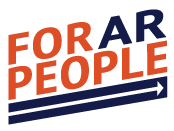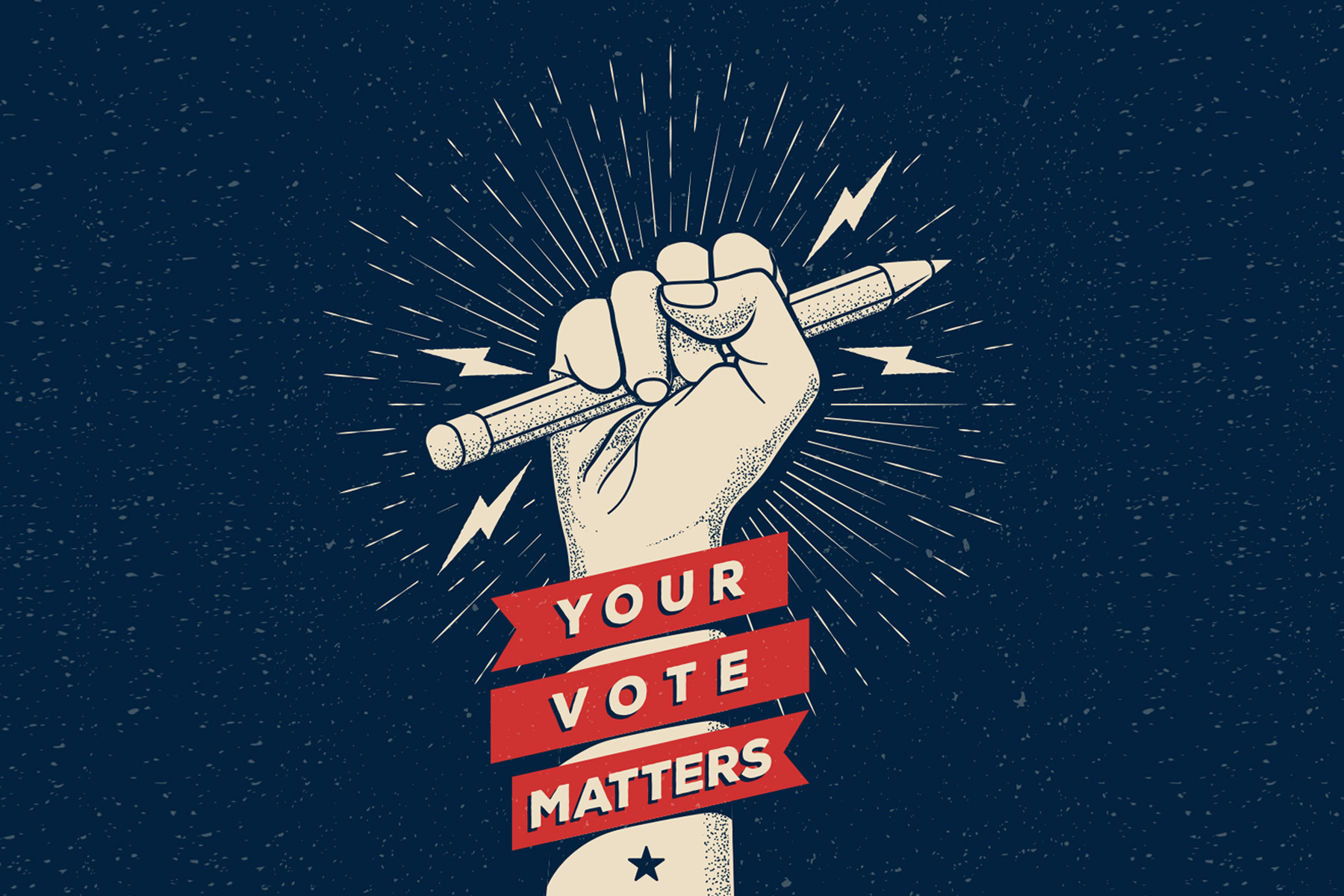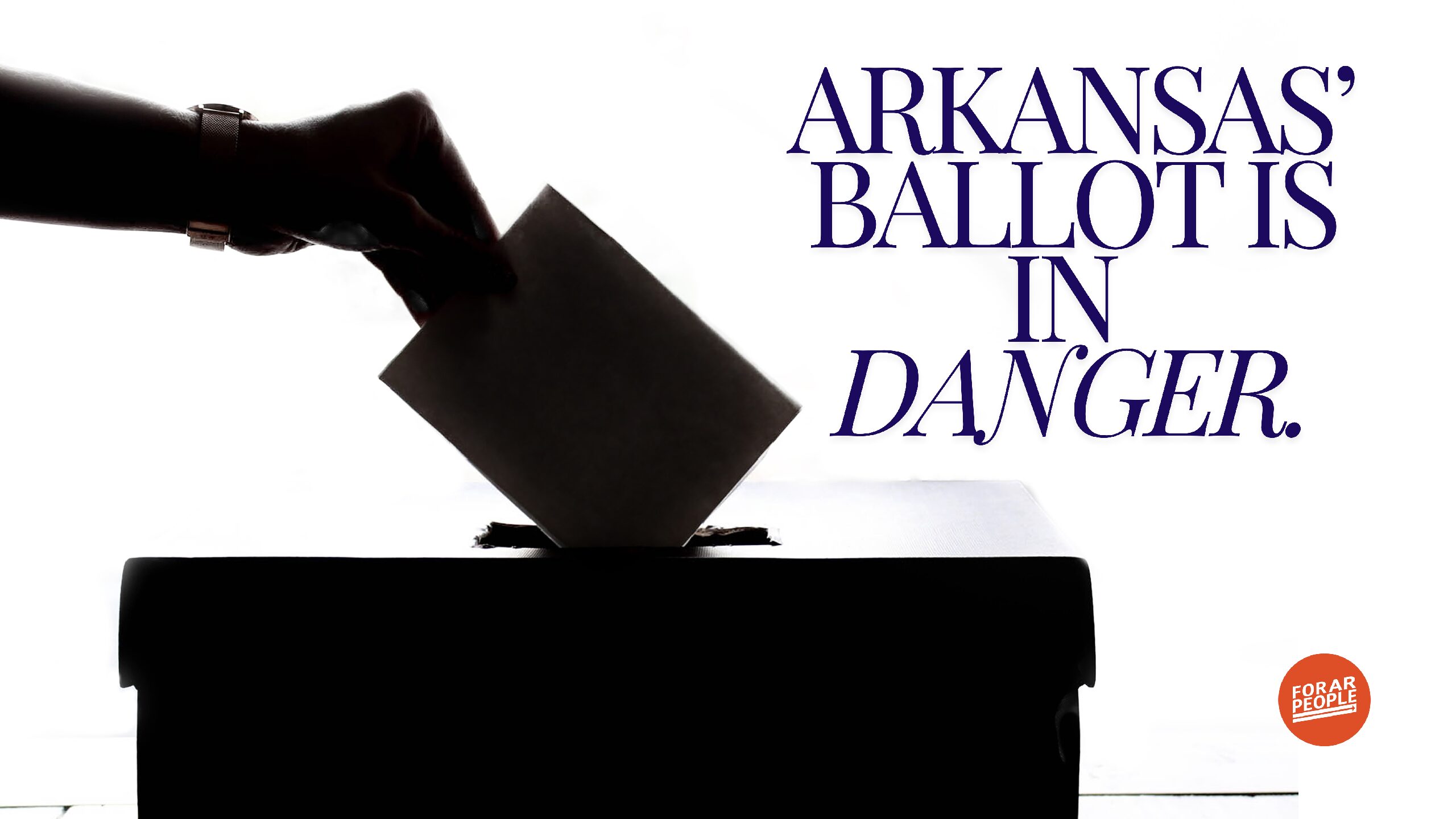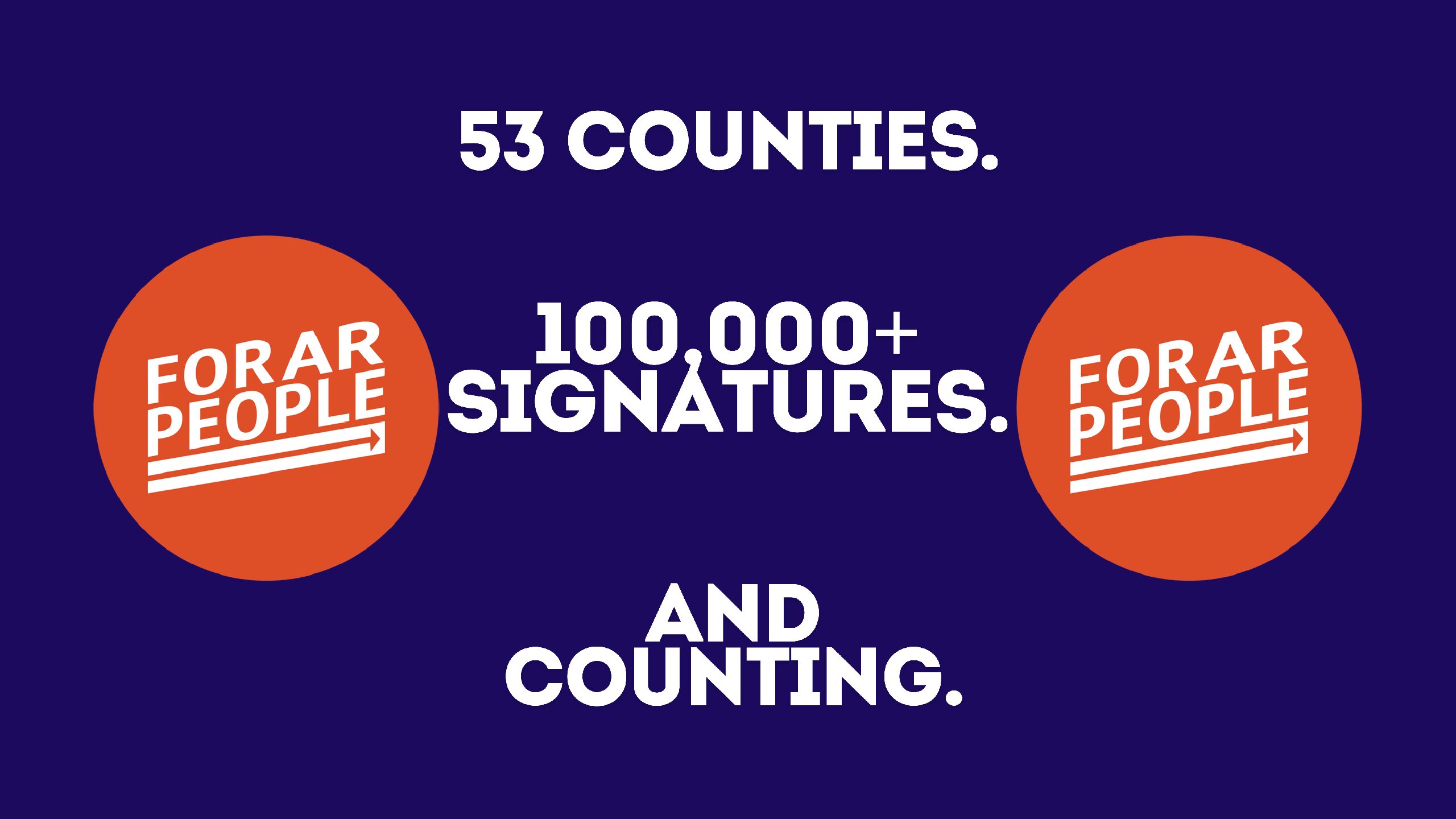Once a bland electoral endeavor, school board races are now the intersection of local politics and culture wars. Here’s why you should get informed and be a voter.
Bur first, we should mention a lot of school districts are conducting elections RIGHT NOW! Early voting is underway and Election Day is Tuesday, May 9th.
If you’re unconvinced that school board elections matter to the average person, we won’t judge you. But, we are going to make an attempt to change your mind. School boards are some of the most localized public entities that have a broad impact on the wellbeing of our kids. A small group of people can determine a lot of a school district, and what’s bananas is these elections turn out some of the lowest numbers of voters. It doesn’t have to be that way. Let’s dive into why these races matter.
- Educational quality: School boards have a big say in how our schools work, who is hired, and the quality of education provided to our kids. Ever had a great superintendent or a really bad one? Wonder how your kid’s school handles safety lock downs? The decisions made by school board members can affect everything from curriculum and testing to teacher training and school safety.
- Community representation: School board members are elected by local residents, which means they are accountable to the community they serve. Think about the potential harm to students if leaders all look alike or share the same background. By participating in school board elections, voters have the opportunity to ensure that their voices are heard and that their concerns are addressed — and that the folks in charge truly represent the kids and constituents the school board serves.
- Budget and funding decisions: Newsflash: School board decisions affect how taxpayer dollars are spent! School board members are responsible for allocating the school district’s budget. The board is also tasked with securing adequate funding for public education. Both jobs are biggies, and these decisions can have a significant impact on the resources available to schools, the salaries of teachers and staff, and the quality of educational programs a district provides its students.
- Equity and access: Care about equity? Then you should care about who is on your school board. School boards are responsible for ensuring that all students have access to high-quality education and that resources are distributed equitably. By electing school board members who are committed to equity and access, voters can make sure students receive a world-class education, which every kid in Arkansas deserves.
- Local control: boards make decisions that reflect the needs and priorities of their communities and towns. When we vote in school board races, we uphold the value of local control — an important American democratic standard based on the understanding that people who live and work in their communities understand its needs best — and make these decisions more effectively and efficiently than outsiders.
School Board races: from “Meh” to MAGA
Historically, school board races have been pretty bland; since COVID, they’ve turned contentious. Extremists in red states use culture-war, hot button issues to get their candidates into more positions of power at every level of government.

Moms for Liberty is a prime example of this strategy at work. The group single handedly wants to put as many of their people as possible into school board positions, but the hyper-partisan nature of Groups like Moms for Liberty cause more harm than good. Here’s why:
- The group intentionally stokes fear and culture war issues to increase divisiveness within local communities. This is the last thing our hometowns need, especially at the school level where kids are involved.
- It takes local education issues and makes them about national, hot button topics. It’s a tacit extremist use to drive hysteria — like bans on library books and curriculum. Extremists will paint these policies as dangerous even though no school in our state employs them. It’s propaganda, and they leverage it to drive voter to the polls through fear. The weaponization of national culture war issues at the local level also distracts from real, pressing issues in specific school districts, especially when national groups with funding insert their agenda into our most local races.
- It hurts transparency and accountability. Take for example the Conway school board: recently the board decided to double down on culture war issues rather than focusing on education problems with which parents and constituents were most concerned. Parents rightfully got upset and the board felt backed into a corner, which led to the implementation of less-accessible public meetings, the arrest of protesters, bullying of journalists, and ignoring public FOI requests.
More specifically, the Conway board has caused a lot of damage. It has:
- Illegally met outside of the public’s view
- Misused public funds (to the tune of over $10,000)
- Implemented anti-trans policies that put at risk kids in more danger
- Adjourned public meetings because they don’t want to hear criticism
- Purposely chose small spaces for meetings in an attempt to keep the public and media out
- Was the first School Board to ban books in Arkansas
- Banned public speakers
- Attempted to dock teachers pay if they are accused of teaching certain “divisive concepts”
- Deleted emails
- Complained about FOIA laws
Moms for Liberty, religious groups, and others have an oversized hand in influencing Conway school board members, which is why it’s so important to get decent people into school board positions. We mean people interested in run-of-the-mill things like good district budgeting, focusing on equity and education, and making sure all kids can grow and thrive.
The great news is there is a school board election on Tuesday in Conway, as well as other towns throughout the state. So if you haven’t already, familiarize yourself with who is running and make a plan to vote.





